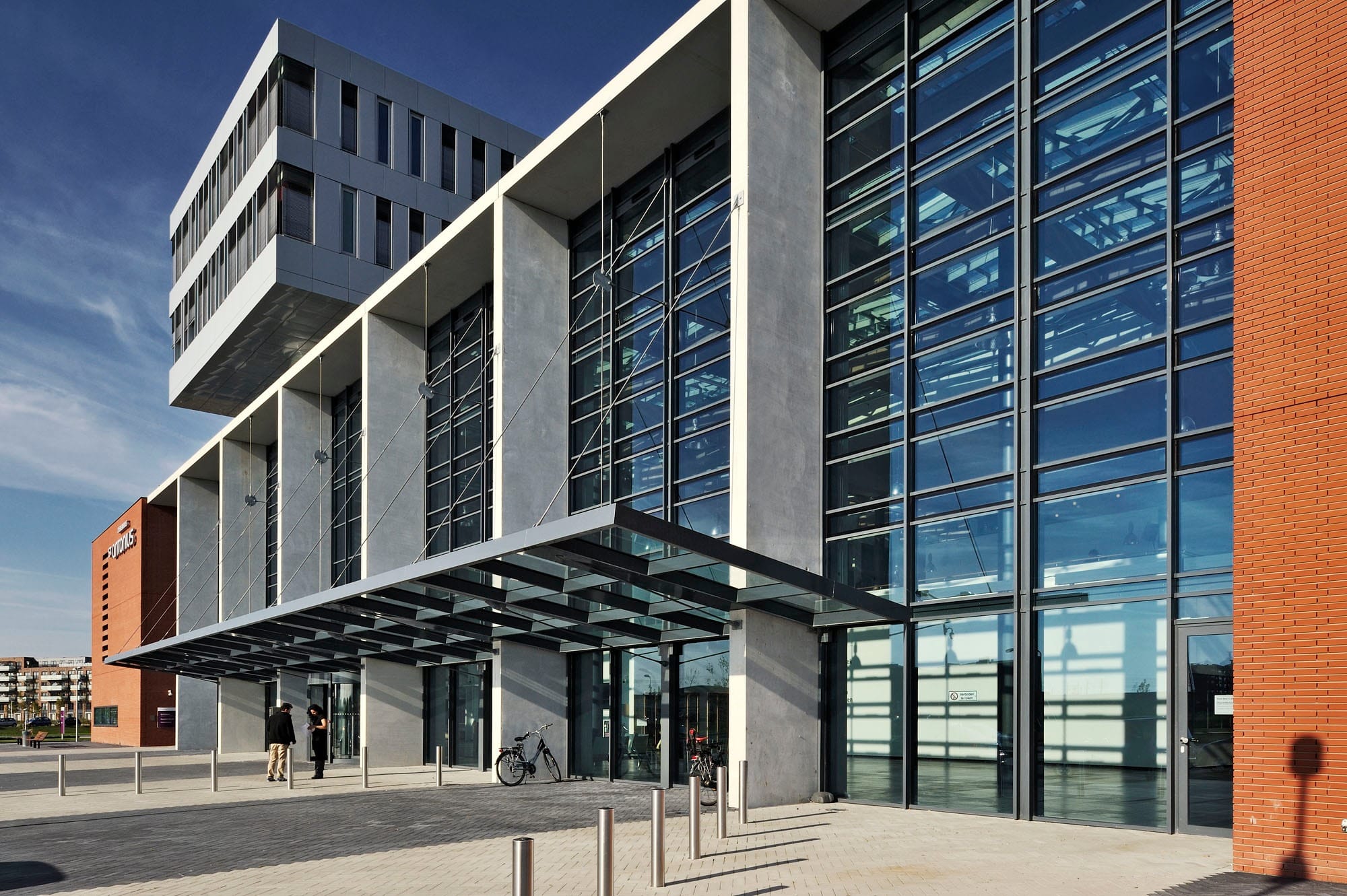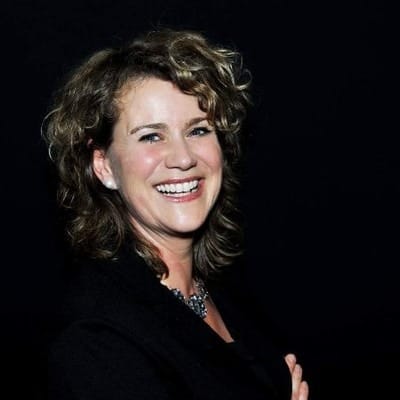An accident can happen at any time. The Emergency Department (ED) knows this better than anyone. Teamwork is crucial in such a fast-paced environment, but there's often little time for reflection. By investing in each other through team sessions, the ED team leaders at St. Antonius Hospital were able to elevate their collaboration to a whole new level.
The past two years of the COVID-19 pandemic haven't made things any calmer in hospitals. Teamwork has always been essential in the ED, where patients arrive needing urgent medical attention. But in a pandemic, good cooperation becomes absolutely paramount. This applies not only to the nurses in the department but also to the team leaders themselves.
Kris Valster knows this firsthand. Originally a nurse in the ED, she's now a Team Leader. "It's an intense job," she says. "There's a lot happening all at once; you have to constantly shift gears and always be on point. The department runs 24/7, so you feel responsible for everything and everyone, day and night. But you learn to cope with it. Now, after four years, I'm better at leaving it all behind at the end of the day."
Caring for Patients and Each Other
Valster and her fellow team leaders form a strong unit. "We have fun together; we look out for each other; we're positive; and there's a lot of humor. We all believe it's important to take care of our people, because if you do, they can take good care of the patients in turn." To strengthen their bond and gain a deeper understanding of each other, the ED department head at St. Antonius suggested team sessions.
Carmen Geurts, HR Advisor for Working Conditions, and Judith Winkel, HR Advisor for Sustainable Employability, conduct the TMA Team sessions within the hospital. They facilitated the sessions for the ED as well, two so far. "We want all our employees to reach their full potential," says Geurts. "Because when they feel good, the organization benefits too. During these sessions, we look for areas of tension within the team and explore ways to create stronger connections."
No Time for Real Listening
Geurts and Winkel utilize the TMA Method; they're both certified TMA Professionals. They've been dedicated to expanding the use of this instrument beyond the initial application process, focusing on employee development. Not just on an individual level, but also within teams—teams that need to be rock-solid in healthcare and, of course, in every organization.

